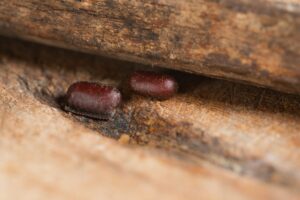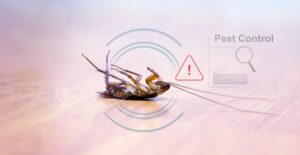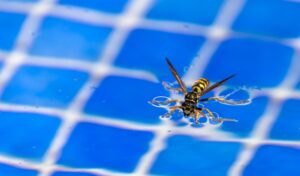Hornets, often feared for their painful stings and aggressive behavior, play a crucial role in the ecosystem. While they are seen as pests by many, they offer significant ecological benefits that are often overlooked. This blog explores the dual nature of hornets, balancing their role as beneficial insects with the risks they pose to humans.
Ecological Benefits of Hornets
1. Natural Pest Control Hornets are voracious predators of other insects, including many that are harmful to crops and plants. They help control the populations of caterpillars, flies, and other pests, reducing the need for chemical pesticides in agriculture and gardening. By preying on these insects, hornets contribute to maintaining a balanced ecosystem and promoting plant health.
2. Pollination Although not as efficient as bees, some hornet species contribute to pollination. As they forage for nectar, they inadvertently transfer pollen from one flower to another, aiding in the reproduction of flowering plants. This activity supports biodiversity and the health of various plant species within their habitats.
3. Nutrient Cycling Hornets help in the decomposition process by breaking down dead insects and organic matter. This activity aids in nutrient cycling, returning essential nutrients to the soil and promoting soil health. This process is vital for sustaining healthy plant growth and maintaining the productivity of ecosystems.
Risks Posed by Hornets
1. Stings and Allergic Reactions The most immediate risk posed by hornets is their painful sting. Hornets can sting multiple times, injecting venom that can cause severe pain, swelling, and, in some cases, allergic reactions. For individuals with venom allergies, a hornet sting can be life-threatening, leading to anaphylactic shock. It is crucial to seek medical attention immediately if an allergic reaction occurs.
2. Aggressive Behavior Hornets are highly protective of their nests and can become aggressive if they feel threatened. Unlike bees, which die after a single sting, hornets can sting multiple times. Their aggressive behavior can pose a significant risk to humans and pets, especially if a nest is located near high-traffic areas like homes, schools, or parks.
3. Property Damage In their search for suitable nesting sites, hornets can cause property damage. They often build nests in attics, wall voids, and other sheltered areas of buildings. Large nests can lead to structural damage, requiring costly repairs. Additionally, the presence of a hornet nest can create a hostile environment, making outdoor activities unsafe.
Balancing Benefits and Risks
To balance the ecological benefits of hornets with the risks they pose, it is essential to manage their populations effectively. Here are some strategies:
Preventive Measures Implement preventive measures to reduce the risk of hornet infestations. This includes sealing gaps and entry points in buildings, maintaining a clean yard, and trimming overgrown vegetation. By making your property less attractive to hornets, you can minimize the likelihood of them establishing nests nearby.
Regular Inspections Conduct regular inspections of your property to identify and address potential nesting sites before they become a problem. Look for signs of hornet activity in eaves, trees, and shrubs, and take action early to prevent infestations.
Professional Pest Control Engage professional pest control services for safe and effective hornet management. Professionals have the knowledge, experience, and equipment to remove nests safely and implement preventive measures. They can provide tailored solutions based on the specific hornet species and the extent of the infestation.
Conclusion
Hornets play a vital role in the ecosystem as natural pest controllers, pollinators, and participants in nutrient cycling. However, their aggressive behavior and the risks they pose to human health and property cannot be ignored. By understanding the benefits and risks associated with hornets, and implementing effective management strategies, we can coexist with these fascinating insects while minimizing the potential for harm. For those dealing with hornet infestations, professional pest control services offer the safest and most effective solutions.




